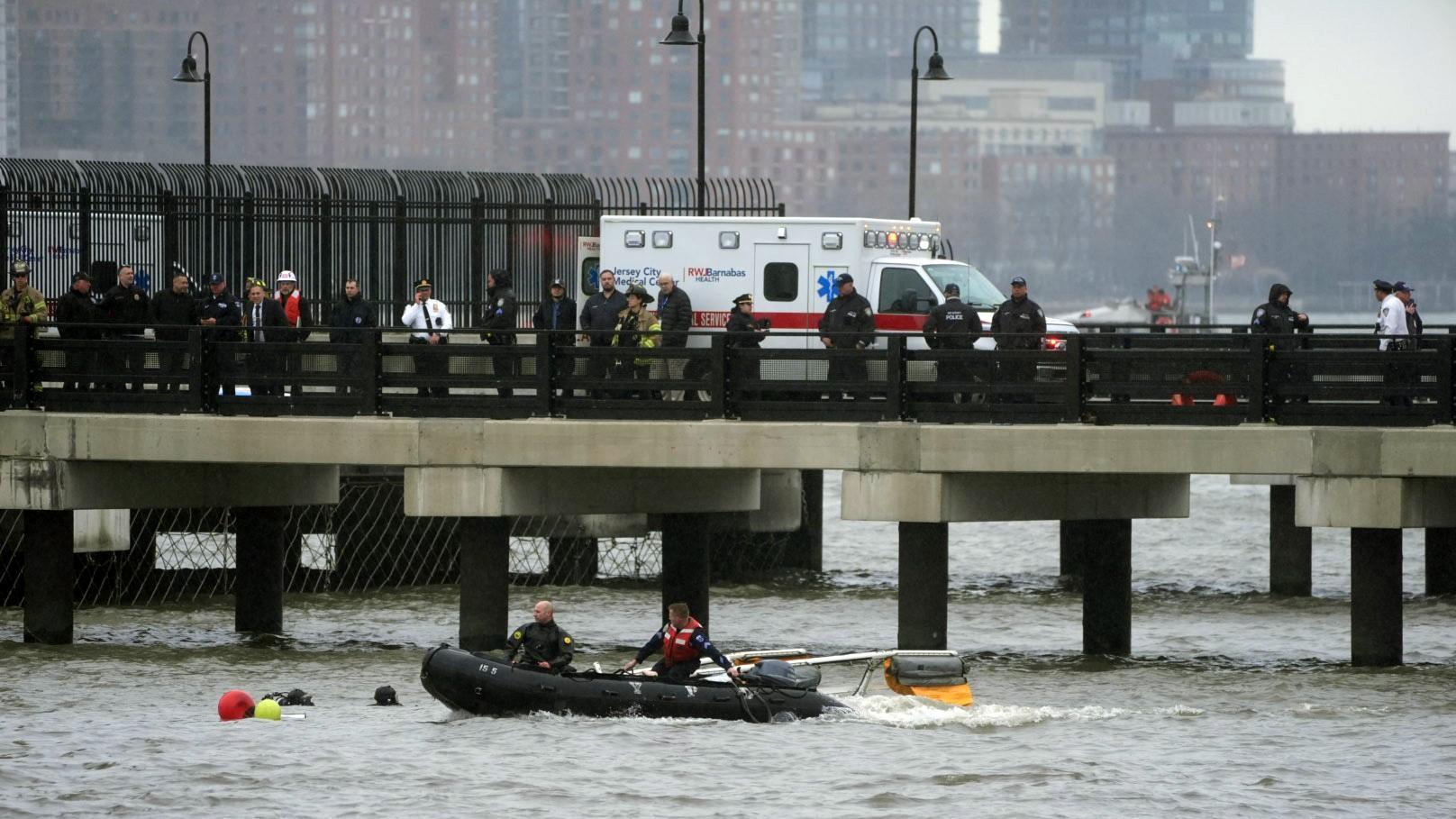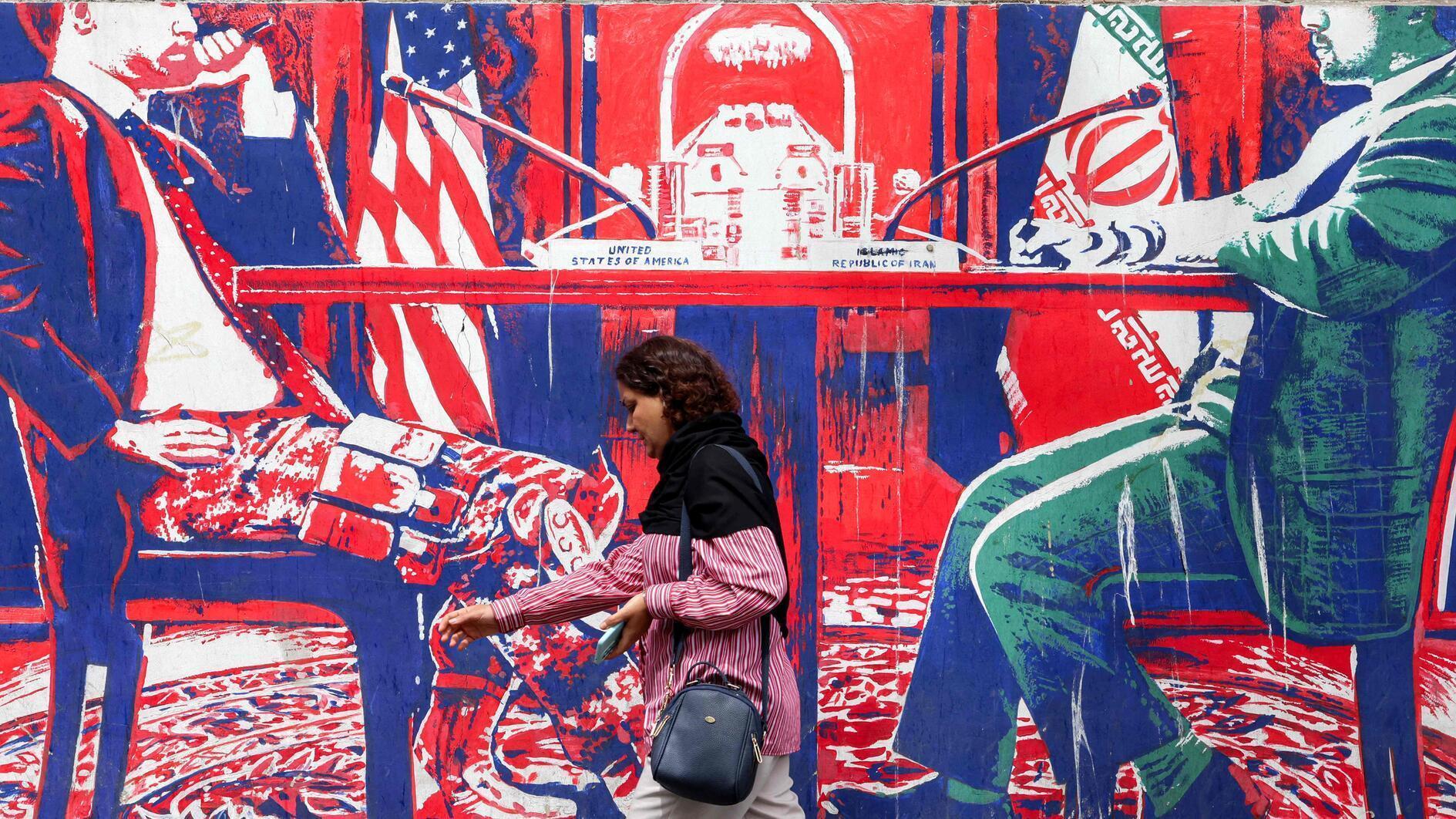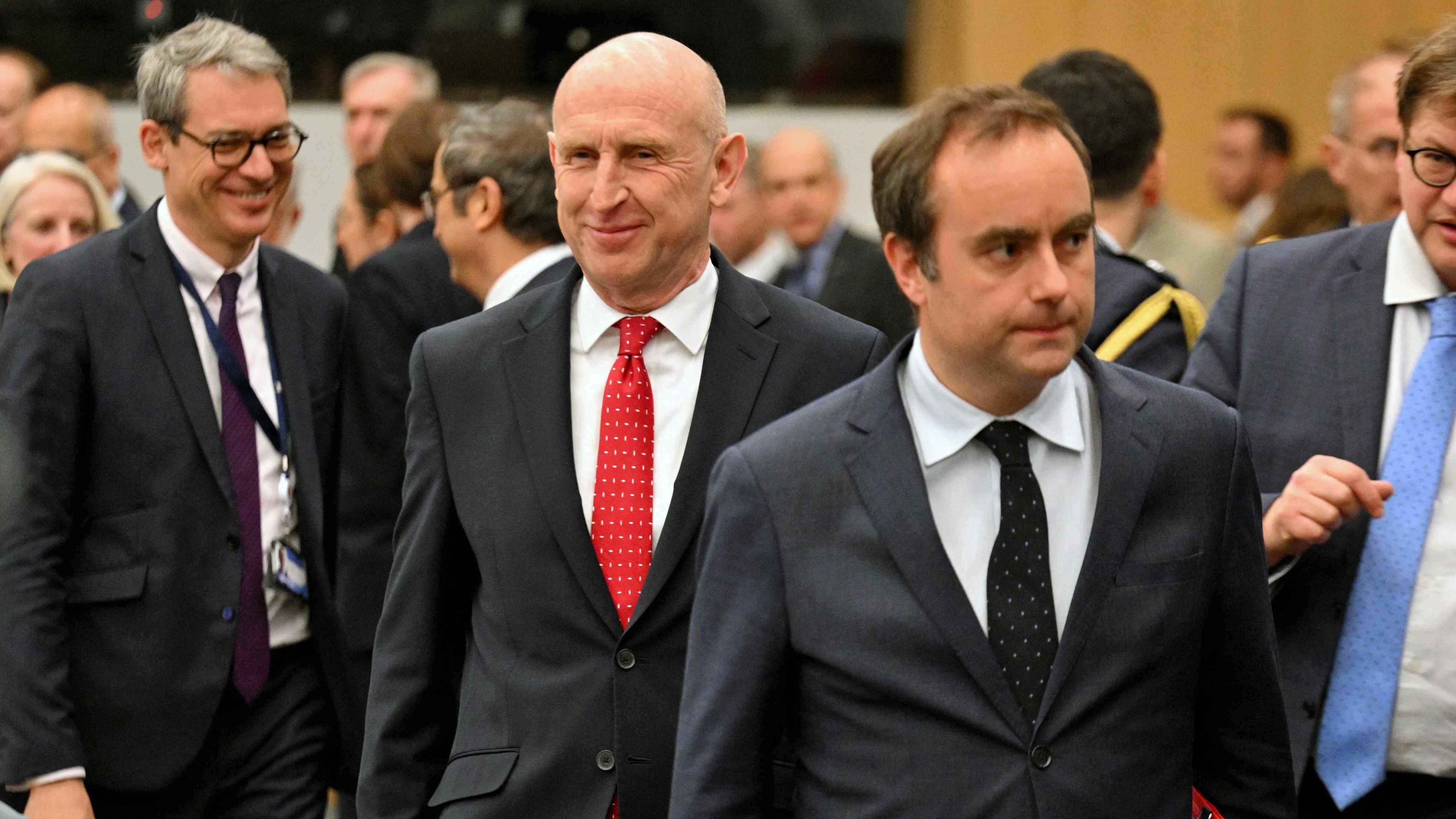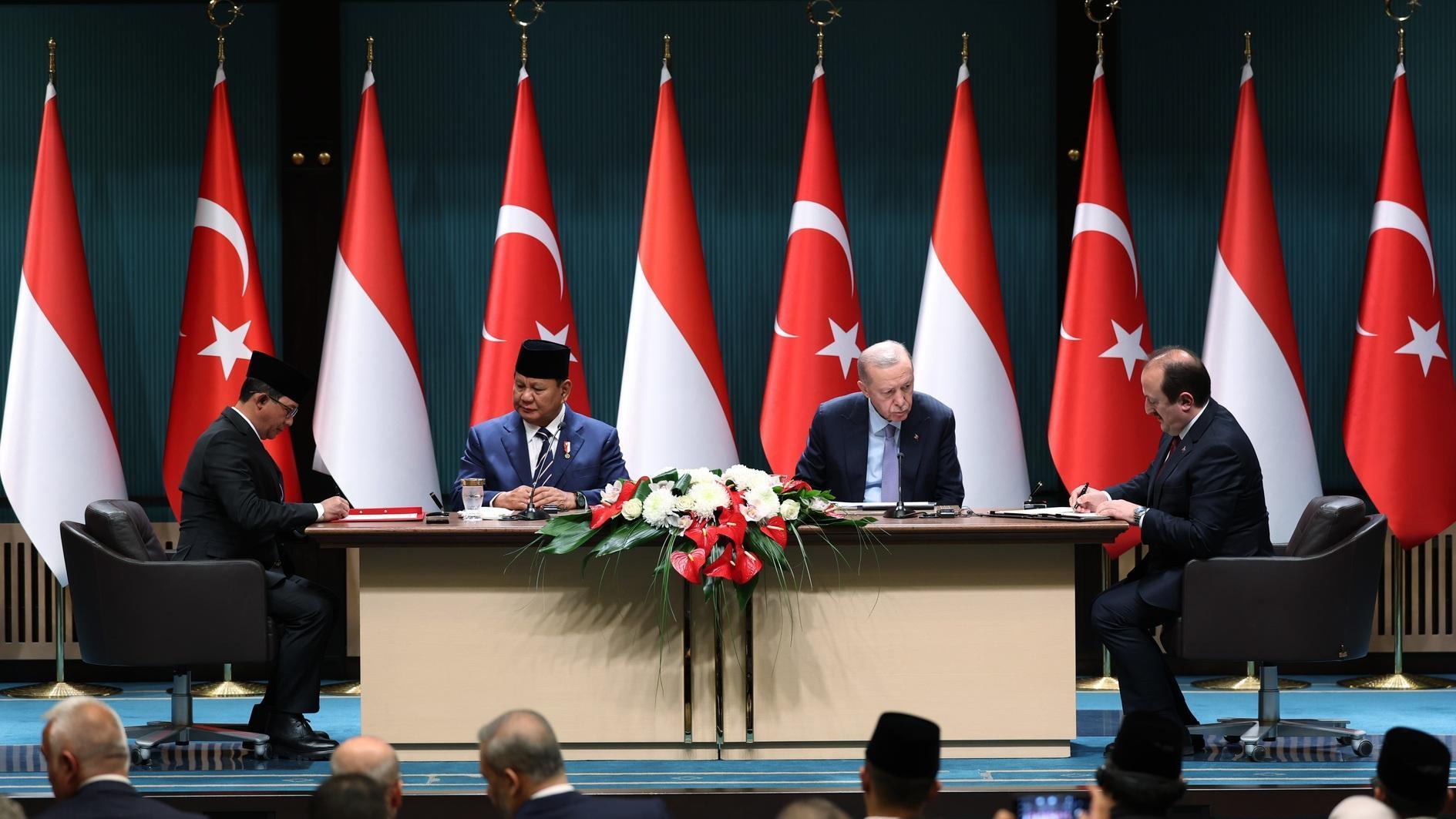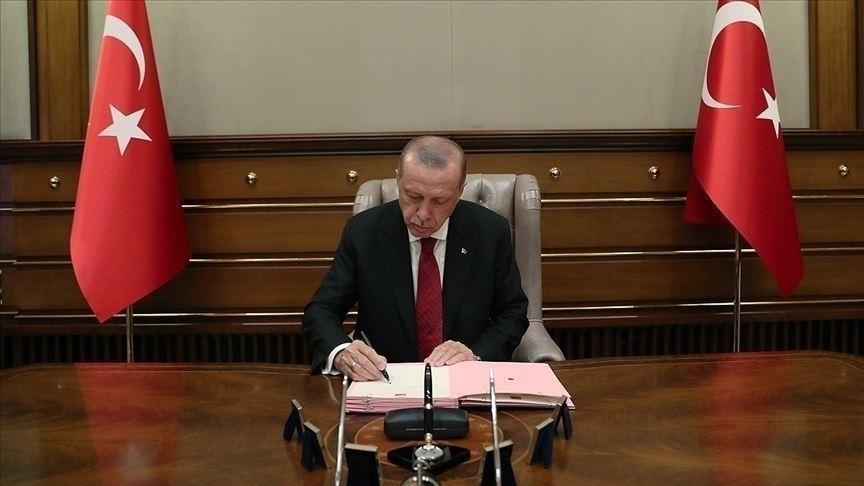Yıldırım whistling in the wind
After having been appointed Turkey’s new prime minister by President Recep Tayyip Erdoğan in what will no doubt go down in history as Turkey’s first civilian coup, Binali Yıldırım suggested it was time to start improving Turkey’s seriously damaged ties with the world.
“Turkey has a lot of problems. We have regional problems. The conflicts taking place in our region and the EU, Cyprus, Caucasus increase the importance of our country in our region. We are aware of it. So what will we do? Very simple: We’ll increase the number of our friends and we’ll decrease the number of our enemies,” Yıldırım told Justice and Development Party (AKP) deputies after Erdoğan approved his cabinet.
There are a couple of problems with Yıldırım’s remarks, though. First, they suggest that Turkey is on the verge of a new era in its international relations, which it clearly is not. Second, his remarks suggest that his government has the power to do “increase the number of Turkey’s friends,” which it clearly does not.
As the Turkish saying goes, even the deaf sultan knows by now why Turkey’s ties with the world at large are what they are today, and who is to blame for bringing matters to this point.
The whole world also knows what Yıldırım’s role as the new prime minister will be, and how much influence he will have in determining policy.
He was brought in, after all, not to put forward new ideas and take fresh initiatives, but to carry out Erdoğan’s directives to the letter. Otherwise there would be no point to getting rid of Ahmet Davutoglu. Put bluntly, whatever Yıldırım may say, the world’s eyes will not be on him, but on his boss, Erdoğan, to see if Ankara is really on verge of a serious change in the foreign policy domain.
Judging by Erdoğan’s address to the World Humanitarian Summit held in Istanbul, though, which was laced with his by now very well-known recriminations against the world, one can only conclude that Ankara’s foreign policy – or lack thereof – will remain much the same.
In his address to the summit, Erdoğan even repeated his hackneyed remark about “the world being greater than five,” which is a dig at the power of veto the United Nations Security Council’s permanent members wield, saying this had to change.
Erdoğan is, after all, a man with a mission, which also includes attempting to change the world order.
Erdoğan’s total lack of understanding about how such a transformation can come about, however, and why it will not happen anytime soon, indicates that he is not going change tack as far as his overall outlook is concerned.
Erdoğan’s remarks to the Organization of Islamic Cooperation Summit in April, on the other hand, shows that his dream of heading a united Islamic world that can stand up to the West is still very much alive and kicking, even if it is no more than a pipe dream.
But Erdoğan is a populist who has the backing of millions of admiring supporters who do not question the logic of his remarks or ask if they are realistic or not. Having reaped the political advantages at home of his bellicose approach, particularly toward the West, he is unlikely to take any steps in the opposite direction in the foreseeable future.
It just remains to be seen how long it takes Yıldırım to get his wake-up call in this regard, if indeed he is waiting for this, which he most likely is not, knowing very well what his job as prime minister will be.
We have to take Yıldırım’s words after Erdoğan endorsed his cabinet, therefore, with a big pinch of salt. He was probably trying to simply create the impression that Turkey is about to enter a new and better era, in order to inject some hope in a public wary of Ankara’s international isolation.
He must know, though, that this is not going to happen unless Erdoğan decides it should and openly starts promoting this line. Otherwise, Yıldırım is merely whistling in the wind.



